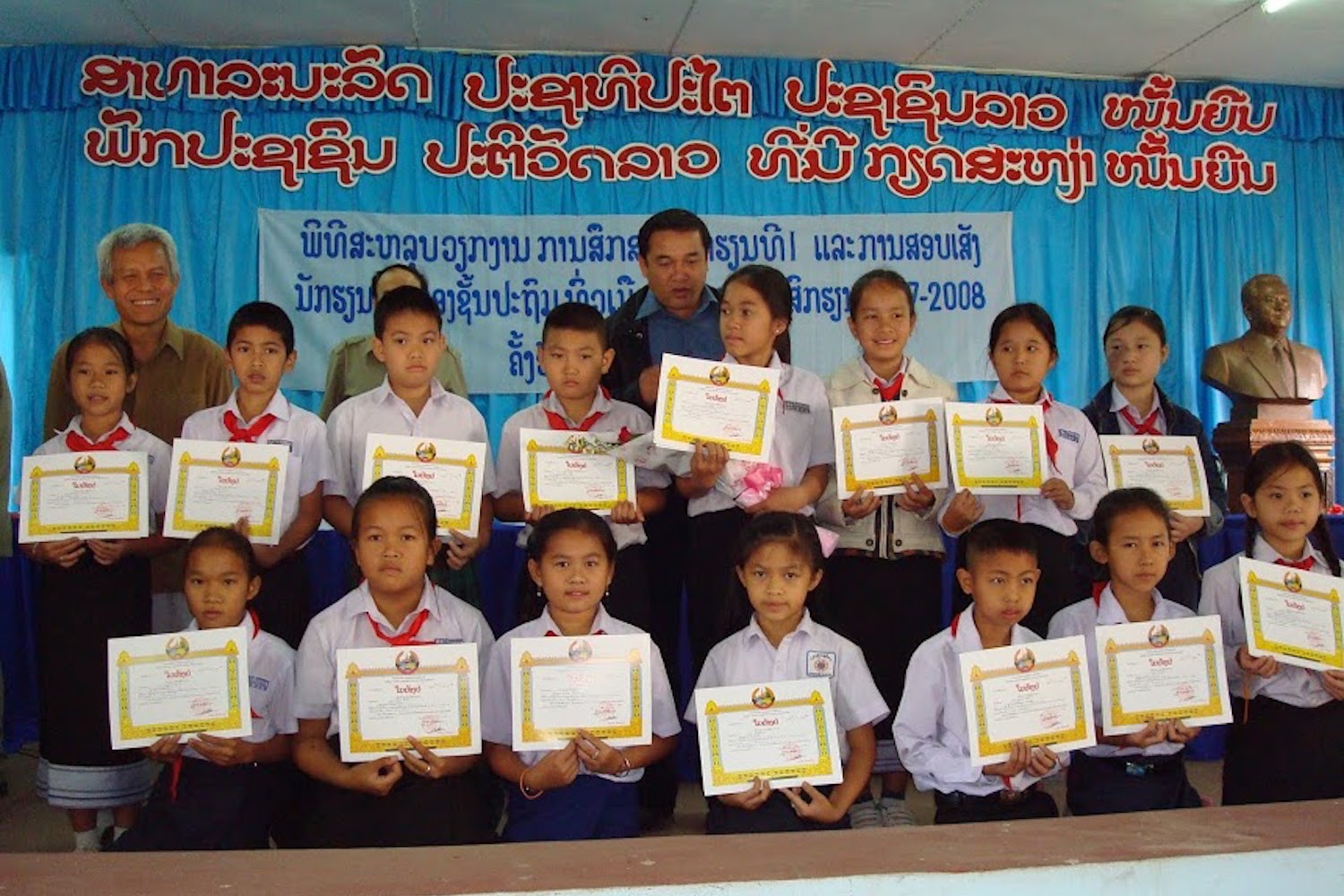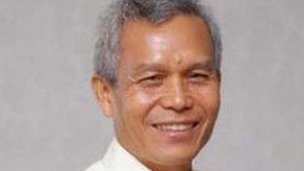 REPUBLIKA.CO.ID, JAKARTA — Forum Hak Asasi Manusia dan Pembangunan untuk Asia mendesak para perwakilan ASEAN di Komisi Antarpemerintah untuk HAM (AICHR) agar memberikan bantuan dan advokasi dalam pencarian aktivis Laos Sombath Somphone yang hilang sejak Desember 2012.
REPUBLIKA.CO.ID, JAKARTA — Forum Hak Asasi Manusia dan Pembangunan untuk Asia mendesak para perwakilan ASEAN di Komisi Antarpemerintah untuk HAM (AICHR) agar memberikan bantuan dan advokasi dalam pencarian aktivis Laos Sombath Somphone yang hilang sejak Desember 2012.
“Masyarakat sipil Asia Tenggara pekan ini melakukan berbagai kampanye untuk kasus ini dan mendesak Komisi HAM ASEAN yang saat ini sedang mengadakan pertemuan reguler di ASEAN Sekretariat, Jakarta, untuk dapat membantu,” kata Manajer Program Forum Hak Asasi Manusia dan Pembangunan Asia (FORUM-ASIA) untuk ASEAN, Atnike Sigiro di Jakarta, Rabu (8/5).
Sombath Somphone merupakan aktivis terkemuka Laos yang banyak menyumbang pemikirannya dalam bidang pembangunan, kepemimpinan, dan kesejahteraan masyarakat. Atas karyanya, Somphone beberapa kali mendapat penghargaan, seperti Magsaysay Award pada tahun 2005 karena kepemimpinnya.
Dia juga pernah menyumbangkan pemikirannya dalam diskusi bertema interkonekvitas pada Forum Intelektual Asia di Chiang Mai, Thailand pada tahun 2011. Makanya, menurut Atnike, karya Somphone sangat berpengaruh di kawasan Asia Tenggara. Hal tersebut, menurut dia, dapat menjadi pertimbangan untuk AICHR agar dapat berperan aktif dalam mengusut kasus Somphone.
AICHR memiliki prinsip untuk tidak mengintervensi kebijakan negara tertentu. “Saya kira dia tidak hanya aktivis Laos, tetapi juga pemikirannya berkembang ke Asia Tenggara. Maka dari itu ini menjadi bahan yang harus dipertimbangkan oleh Komisi HAM ASEAN,” ujarnya.
Somphone hilang pada tanggal 15 Desember 2012 ketika sedang dalam perjalanan ke Vientiane. Banyak pihak menduga keterlibatan aparat kepolisian dan pemerintah Laos dalam insiden tersebut. Hal itu berdasarkan pada video yang merekam aktivitas Somphone sesaat sebelum dia diduga diculik.
Redaktur : Dewi Mardiani
Sumber : Antara

 Early in the evening of Dec. 15 as Sombath was driving home in his Jeep from his office in the Lao capital Vientiane he was stopped at a police checkpoint on Thadeua Road, which runs by the Mekong River.
Early in the evening of Dec. 15 as Sombath was driving home in his Jeep from his office in the Lao capital Vientiane he was stopped at a police checkpoint on Thadeua Road, which runs by the Mekong River.




